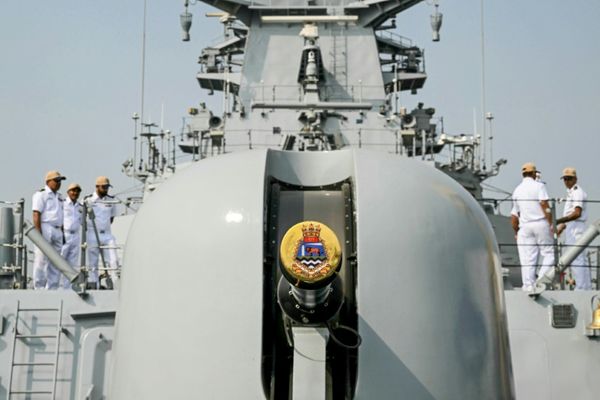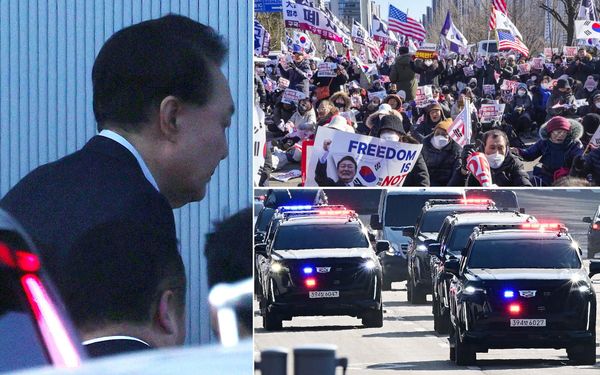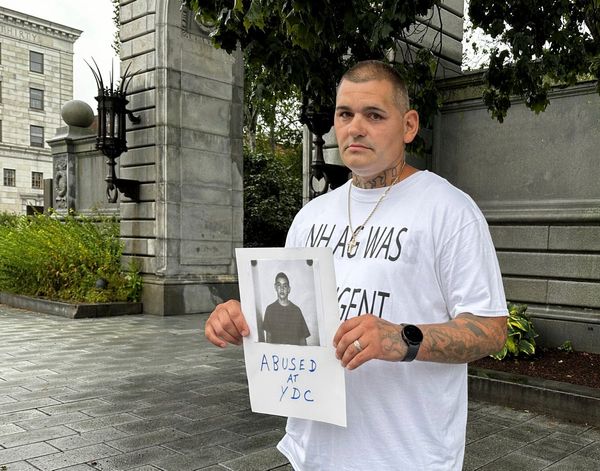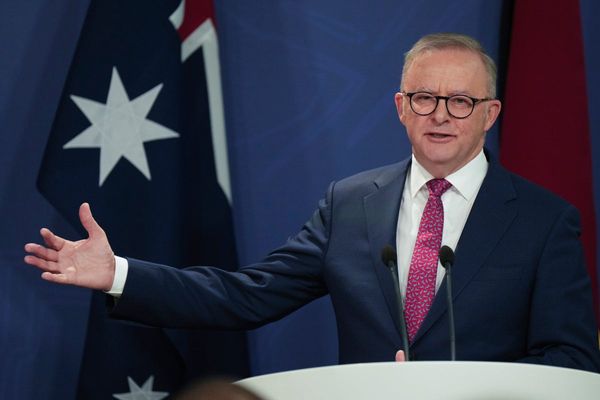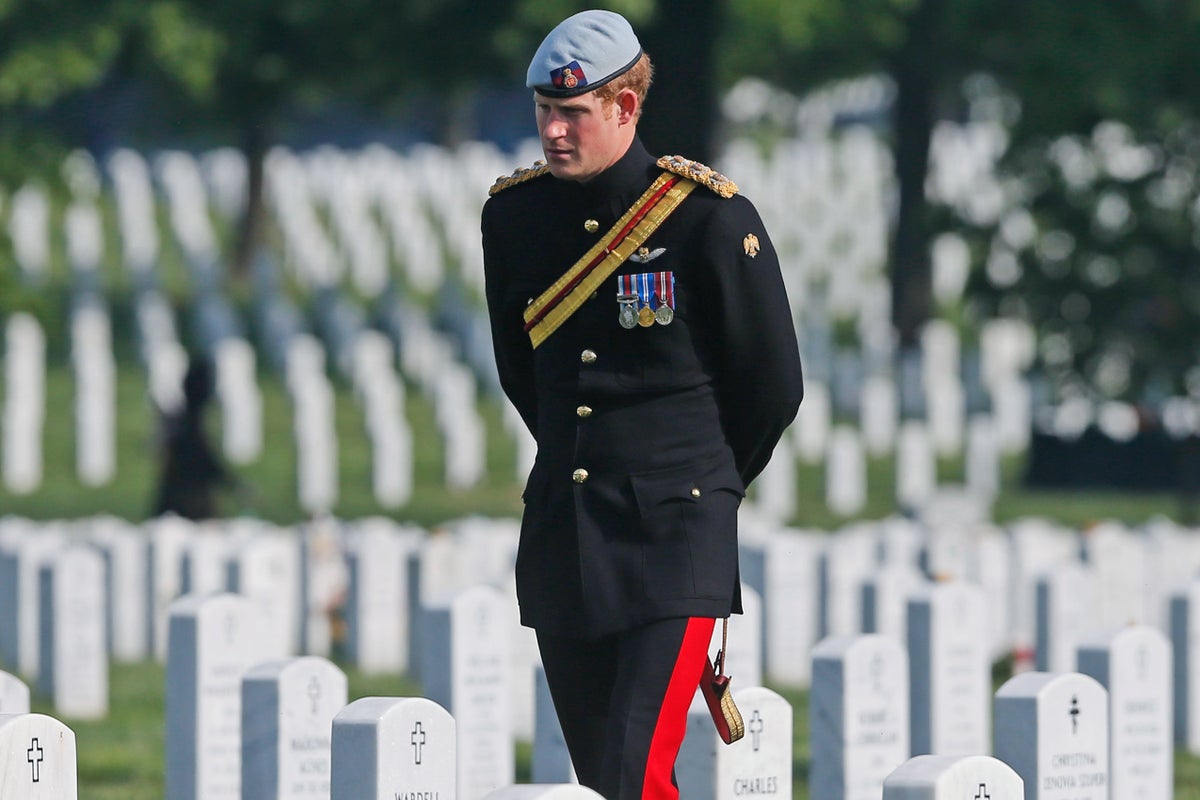
Prince Harry has spoken candidly about his decision to include excerpts in his memoir about his time in the military and the lives he took, with the Duke of Sussex revealing that “detailing” his experiences helps him on his “healing journey”.
In his memoir Spare, which was released on 10 January, the duke opened up about his two tours of Afghanistan, and “precisely how many enemy combatants” he’d killed.
“So, my number: Twenty-five. It wasn’t a number that gave me any satisfaction. But neither was it a number that made me feel ashamed,” he wrote. “Naturally, I’d have preferred not to have that number on my military CV, on my mind, but by the same token I’d have preferred to live in a world in which there was no Taliban, a world without war.”
The admission sparked criticism when the excerpt was leaked ahead of the memoir’s release date, with Afghan protesters calling for Harry to be “put on trial” over his Taliban killings claim, while soldiers who served alongside him, and other military officials, condemned Harry’s decision to share the number.
The excerpt also prompted many to accuse Harry of putting his family in danger with the claim, while the Taliban declared the royal a “big mouth loser”.
On Tuesday 10 January, Harry spoke to People about the candid excerpts about his time in the army, with the royal claiming that talking and writing about his experiences has helped him more than remaining silent.
“I don’t know that you ever fully reconcile the painful elements of being at war,” he told the outlet. “This is something each soldier has to confront, and in the nearly two decades of working alongside service personnel and veterans, I’ve listened to their stories and have shared mine. In these conversations, we often talk about the parts of our service that haunt us - the lives lost, the lives taken. But also the parts of our service that heal us and the lives we’ve saved.”
According to Prince Harry, who said that his work as a soldier was a “duty” and “job,” he has done everything he could “to be the best soldier” he was “trained to be”.
“It’s a duty, a job, and a service to our country - and having done two tours of duty in Afghanistan for my country, I’ve done all I could to be the best soldier I was trained to be,” he said.
The duke then reflected on the “healing journey” that he and all soldiers face after war, and why there’s no “right or wrong way” to navigate these experiences.
According to Harry, while navigating his own healing journey, he has recognised the benefits of speaking openly about his experiences and recollections, as he claimed that the method has been more helpful than remaining silent.
“There’s truly no right or wrong way to try and navigate these feelings, but I know from my own healing journey that silence has been the least effective remedy,” he said. “Expressing and detailing my experience is how I chose to deal with it, in the hopes it would help others.”
In the controversial excerpt, Prince Harry said that he was able to carry out his duties as a soldier by avoiding thinking of the insurgents as “people”.
“You can’t kill people if you think of them as people. You can’t really harm people if you think of them as people. They were chess pieces removed from the board, Bads taken away before they could kill Goods. I’d been trained to “other-ize” them, trained well. On some level I recognised this learned detachment as problematic. But I also saw it as an unavoidable part of soldiering,” he wrote.
The royal also wrote about his “regrets” during the war, which he said included the things he “hadn’t done”.
“As I fastened my bags and said my goodbyes I was honest with myself: I acknowledged plenty of regrets. But they were the healthy kind. I regretted the things I hadn’t done, the Brits and Yanks I hadn’t been able to help. I regretted the job not being finished,” he wrote. “Most of all, I regretted that it was time to leave.”
The Independent has contacted a representative for Prince Harry for comment.
